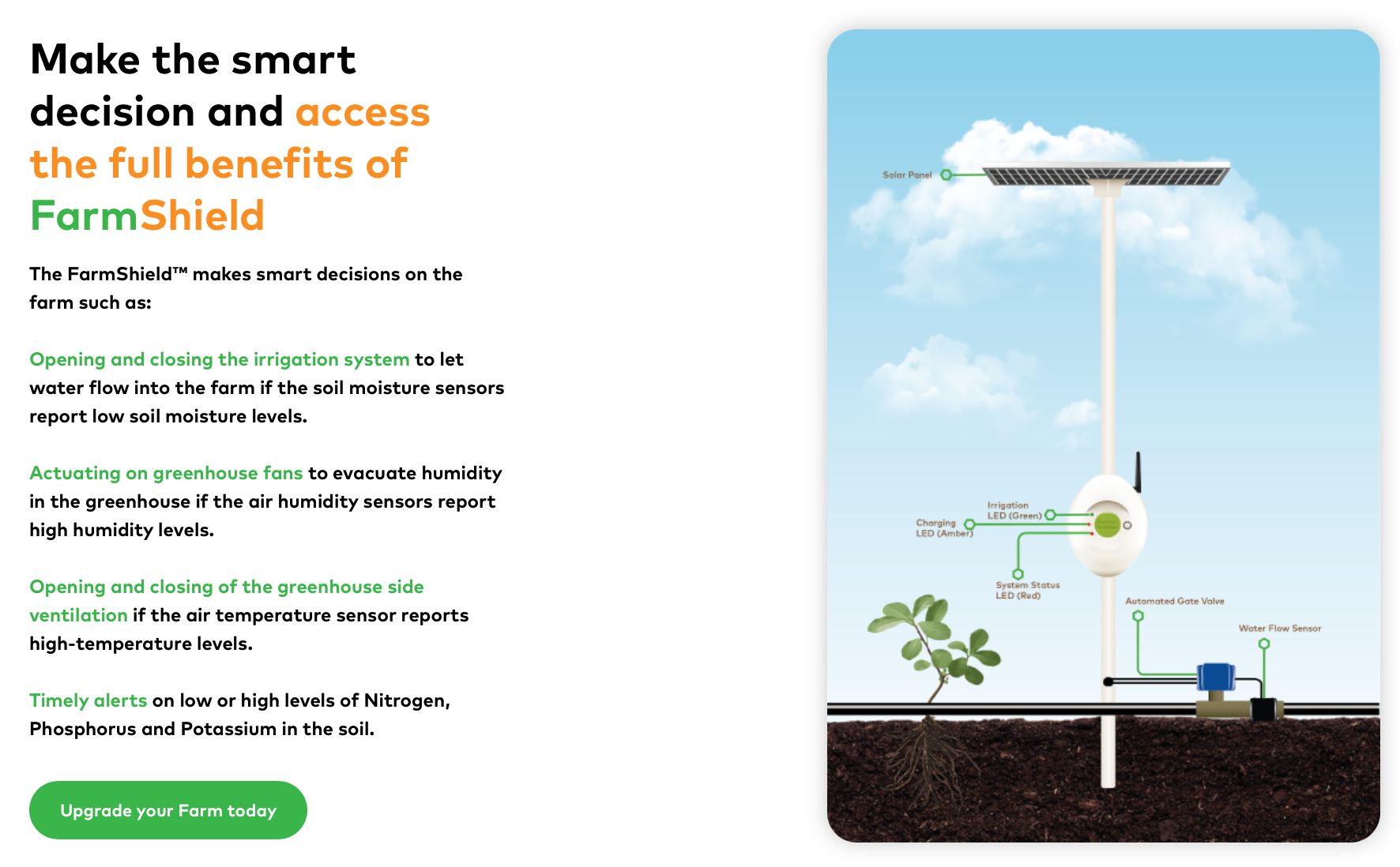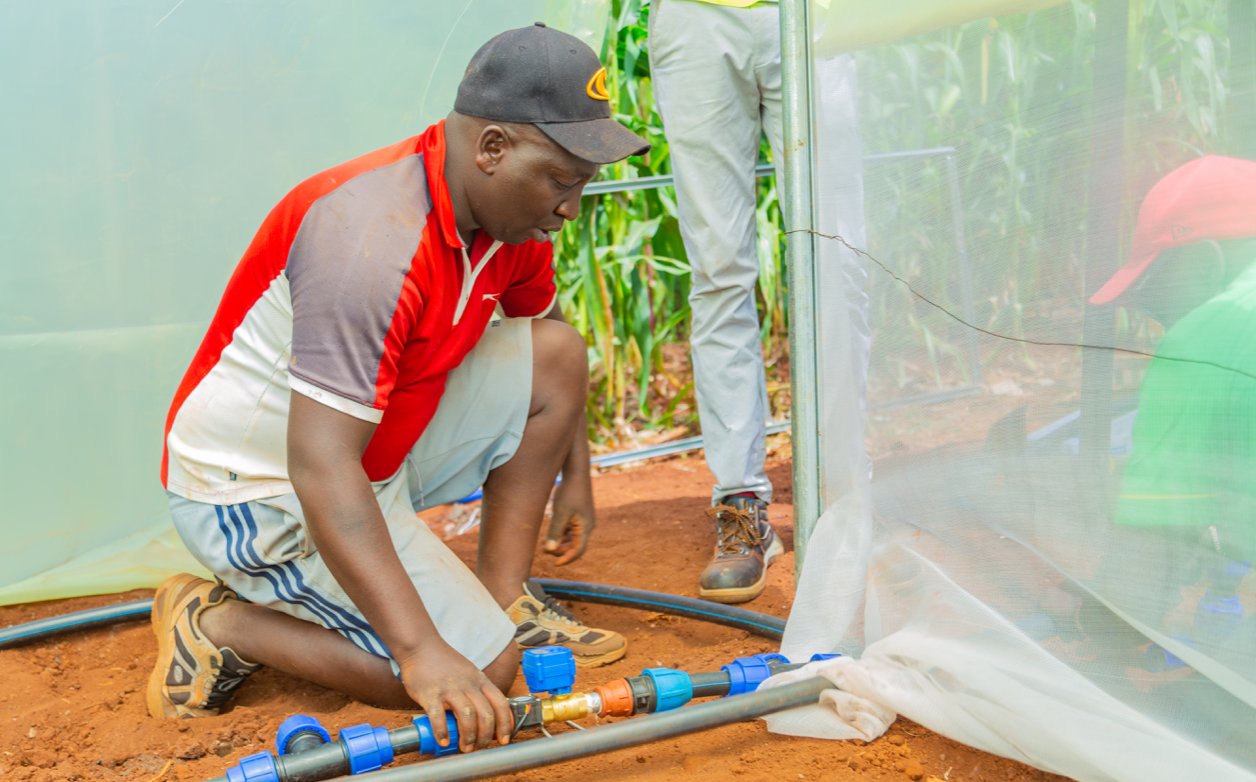How Farmers Can Embrace Sustainability for a Thriving Farming Industry
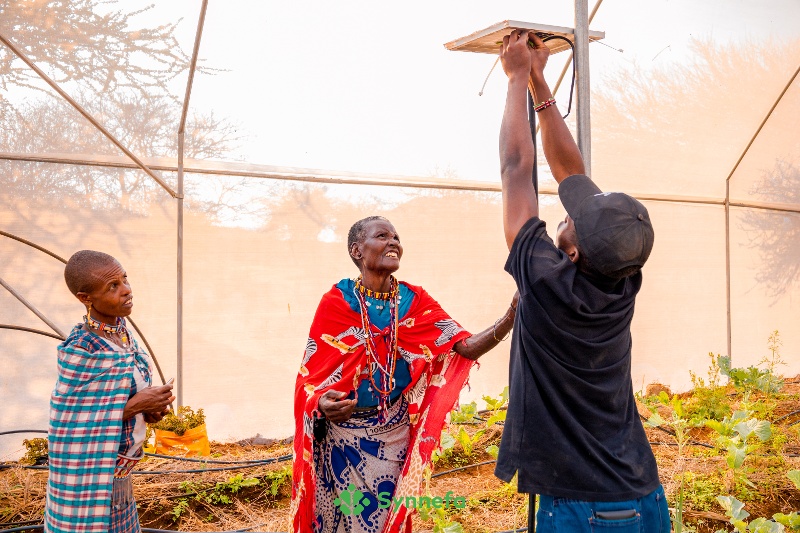
Agriculture is a fundamental component of human existence, providing us with food, clothing and shelter. I remember growing up in the countryside and our major source of income was farming. Farming isn't just to provide a family with food and the community around but also offers room for a family to sell their products to earn an income that can build their livelihood. Farming would pay for our school fees, buy us clothes and also other foods that we didn't farm to provide a balanced diet for the family.
The world is becoming more and more complex. The population is growing yet the farming land isn't. People are now consuming more than ever. In a quest to provide a balanced diet for the world's population, farmers are now adapting to new farming ways. This is also as a result of the climate change and the technological advances.
What next for farmers and entrepreneurs in the agricultural Industry?
1. Embrace Sustainable Agriculture Practices
Sustainable agriculture is a system of farming that focuses on meeting the needs of the present without compromising the ability of future generations to meet their own needs. It involves using resources wisely, reducing waste, protecting the environment and ensuring economic viability.
Some sustainable agriculture practices include crop rotation, using natural fertilizers, conservation tillage, and integrated pest management. These practices help to improve soil health, reduce erosion, conserve water, and increase biodiversity.
2. Invest in Technology
Technology has played a significant role in the advancement of agriculture over the years, and this trend is set to continue. Some of the technologies that can help future-proof our farming practices include precision agriculture, robotics and artificial intelligence.
For instance, with precision agriculture farmers employ the use of sensors, GPS, and drones to gather data about crop growth and soil health. This information is then used to optimize crop management, reduce waste and increase yields.
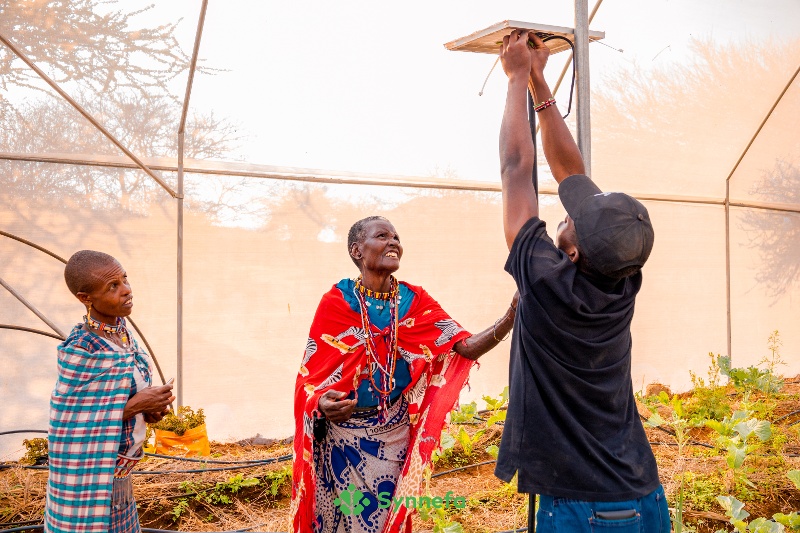
Synnefa team installing AI Powered Farmshield for farmers in a smart greenhouse
Robotics and artificial intelligence can be used to automate tasks such as planting, harvesting, and monitoring crops. With Synnefa's AI Powered Farmshield farmers can:
3. Diversify Crops
Monoculture, the practice of growing a single crop on a large scale, is a common practice in industrial agriculture. While this method can be efficient in the short term, it is not sustainable in the long term. Monoculture increases the risk of pests and diseases, depletes soil nutrients, and can lead to soil erosion.
Diversifying crops is a sustainable way to future-proof our farming practices. Growing a variety of crops can help to improve soil health, reduce the risk of pests and diseases and increase biodiversity. Diversification can also help farmers to adapt to changing environmental conditions, such as drought or floods.
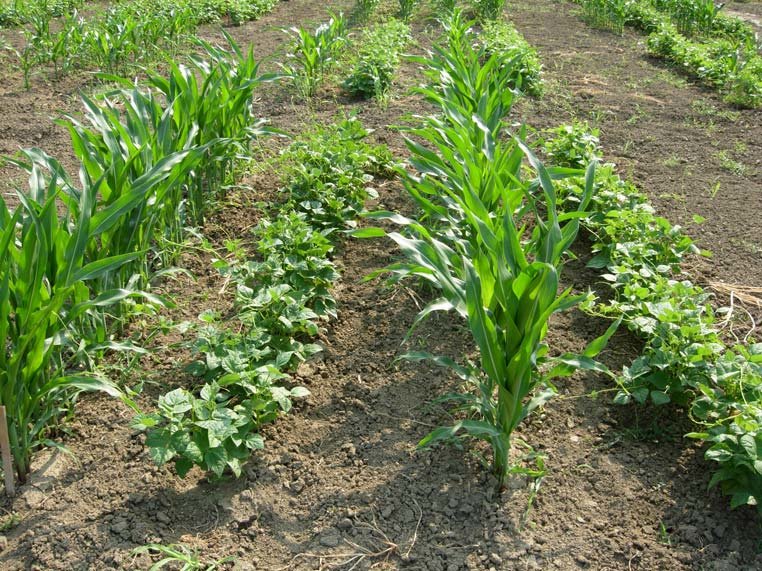
Intercropping can improve soil aeration especially when you plant
4. Support Local Food Systems
Local food systems involve the production and consumption of food within a specific region. They promote sustainable agriculture practices, reduce transportation emissions and support local economies.
Supporting local food systems involves purchasing food from local farmers, farmers' markets, and community-supported agriculture programs. Such kind of support helps create a more sustainable and resilient food system that is less vulnerable to disruptions such as supply chain issues.
I hope you found this article helpful to help you embrace sustainability for a thriving agricultural industry. We will appreciate it if you shared it to your communities.

